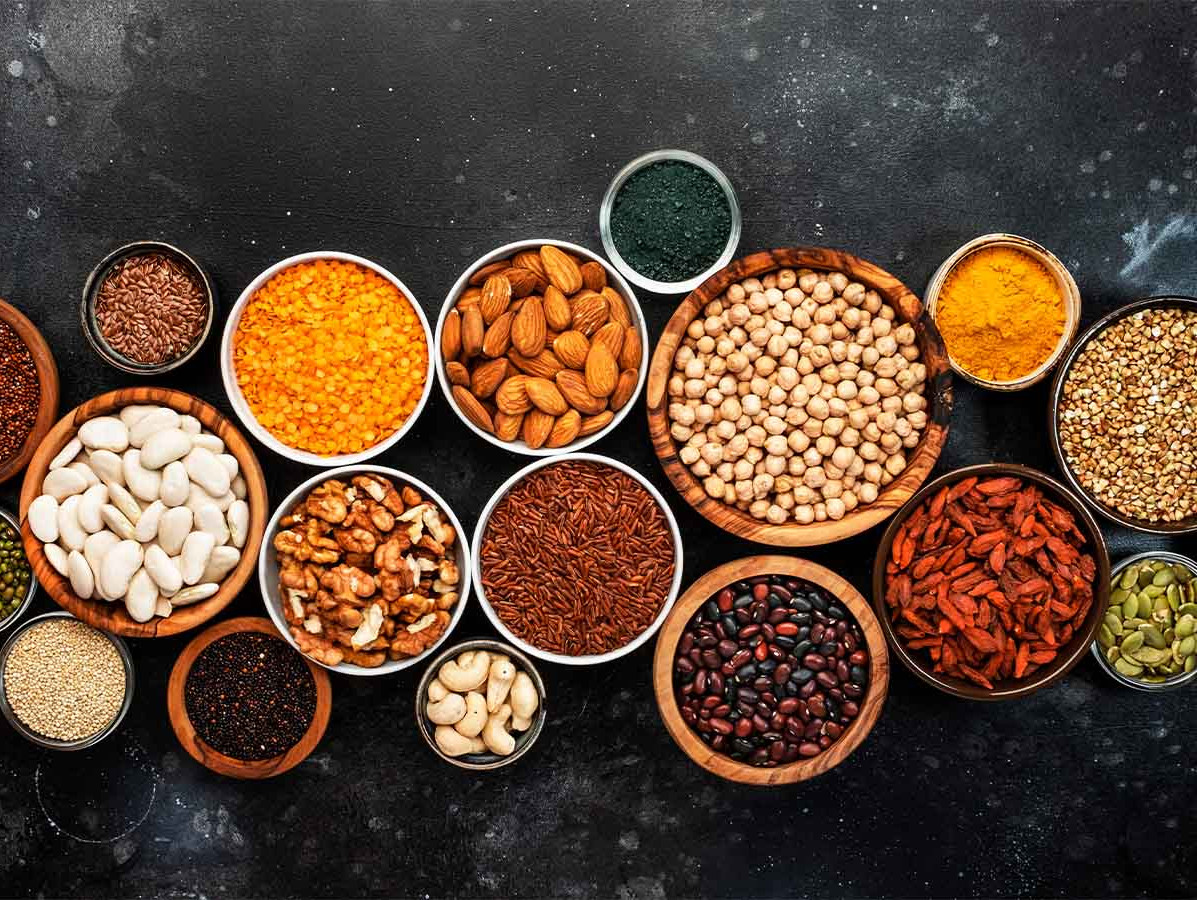
Young people who consume more organic food have higher levels of toxins in their blood and urine. This comes from a study by cancer expert Nick Van Larebeke. The research points to issues mainly in eggs, dairy, seeds, and nuts, while potatoes, vegetables, and fruits seem less affected.
The study, which began four years ago, initially hypothesized that organic food would lead to lower pesticide levels. However, the results were unexpected. Van Larebeke and his team found higher concentrations of harmful substances like lead, arsenic, and organochlorine compounds in young people who consume a lot of organic food. These substances are known for their toxic and carcinogenic properties.
The research showed that young people who consume organic food more than average have up to 40% higher concentrations of certain toxins in their blood. This result raises questions about the safety of organic food. Lieve Vercauteren of BioForum Vlaanderen points to environmental pollution as a possible cause. She emphasizes that organic products are often produced in highly polluted environments, leading to the absorption of harmful substances.
Van Larebeke advocates for further research into contamination in organic food. He stresses that while the current study shows significant differences in toxin concentrations, these results are not definitive. The potential impact of fraud within the organic sector is also a factor that needs to be investigated further.
For organic farmers like An Verboven, organic food is a mission. She aims for a less polluting agricultural method and believes in the health benefits of organic products despite the contamination. According to her, the detected toxins are a result of industrial pollution, and they continue to strive to improve soil health.
The study raises questions about the health risks of organic food. Although Van Larebeke consumes less organic food than he did three years ago, he emphasizes that the concentrations in blood and urine were examined, not the food itself. The food agency FAVV states that the risks are limited and that all food products, organic or not, are inspected. Nevertheless, further research is necessary to fully understand the health effects of organic food.
Van Larebeke highlights the importance of comparative research between organic and other food products to determine the differences in contamination. According to Vercauteren, organic farming offers solutions against environmental pollution and she hopes that consumers will continue to see the value of organic products.
Source: VRT